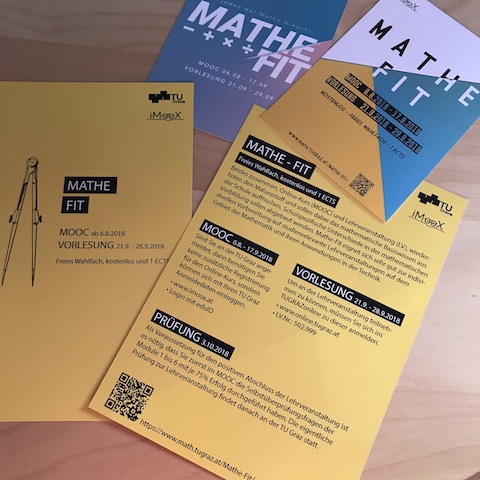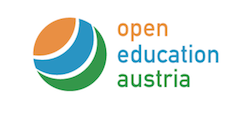Our article about an important extension for iMooX titled „Learning Analytics Cockpit for MOOC Platforms“ got publishes now. Enjoy reading 🙂
Abstract:
Within the sector of education, Learning Analytics (LA) has become an interdisciplinary field aiming to support learners and teachers in their learning process. Most standard tools available for Learning Analytics in Massive Open Online Courses (MOOCs) do not cater to the individual’s conception of where Learning Analytics should provide them with insights and important key figures. We propose a prototype of a highly configurable and customizable Learning Analytics Cockpit for MOOC-platforms. The ultimate goal of the cockpit is to support administrators, researchers, and especially teachers in evaluating the engagement of course participants within a MOOC. Furthermore, comparing learner’s individual activity to course wide average scores should enhance the self-assessment of students, motivate their participation, and boost completion rates. Therefore, several metrics were defined which represent and aggregate learner’s activity. From this predefined list, stakeholders can customize the cockpit by choosing from multiple visualization widgets. Although, the current prototype focuses only on a minimal group of stakeholders, namely administrators and researchers. Therefore, it is designed in a modular, highly configurable and customizable way to ensure future extensibility. It can be strongly carried out that customization is integral to deepen the understanding of Learning Analytic tools and represented metrics, to enhance the student’s learning progress.
Reference: Maier, K., Leitner, P., & Ebner, M. (2019). „Learning Analytics Cockpit for MOOC Platforms“. In Emerging Trends in Learning Analytics. Leiden, Niederlande: Brill | Sense. doi: https://doi.org/10.1163/9789004399273_014




